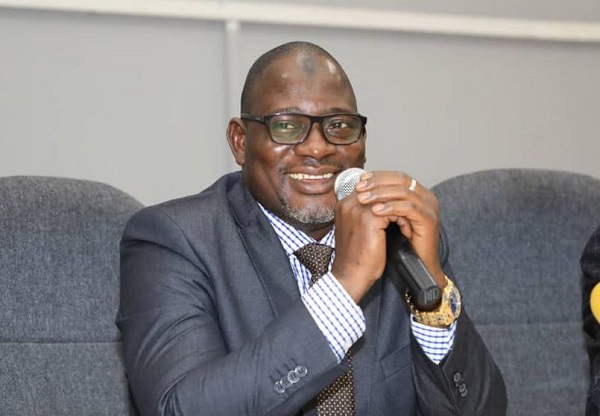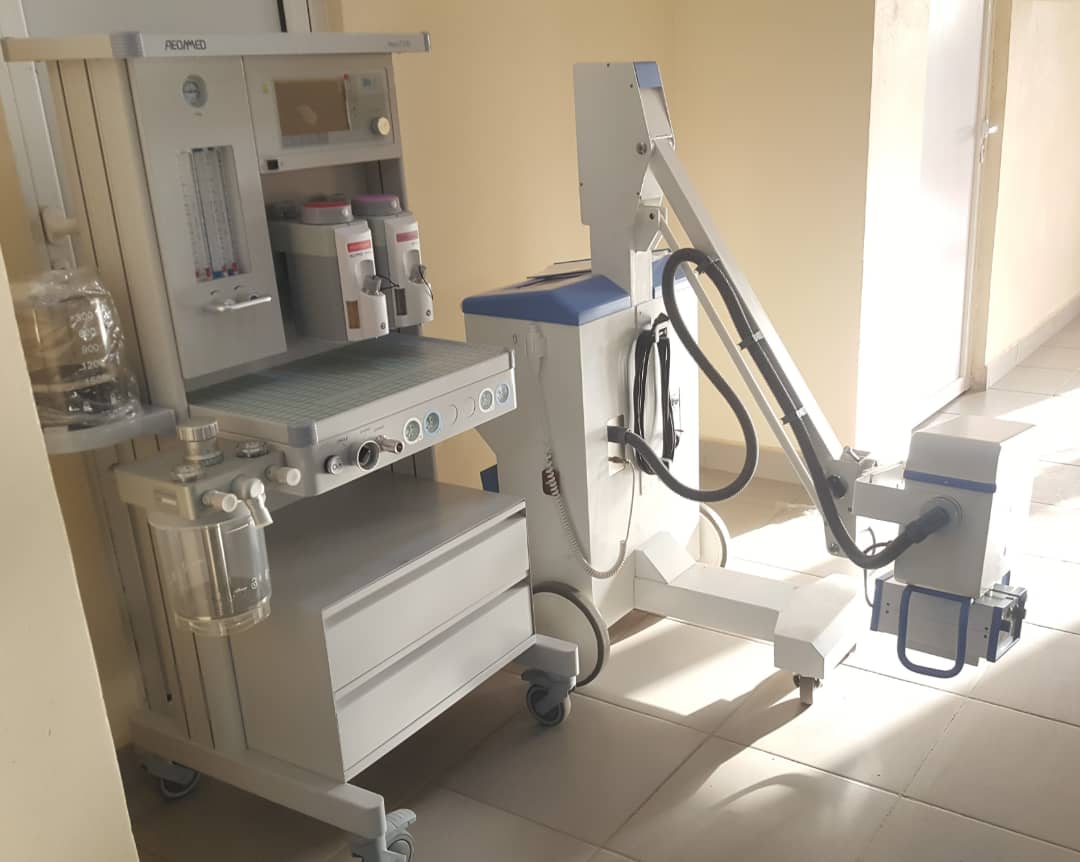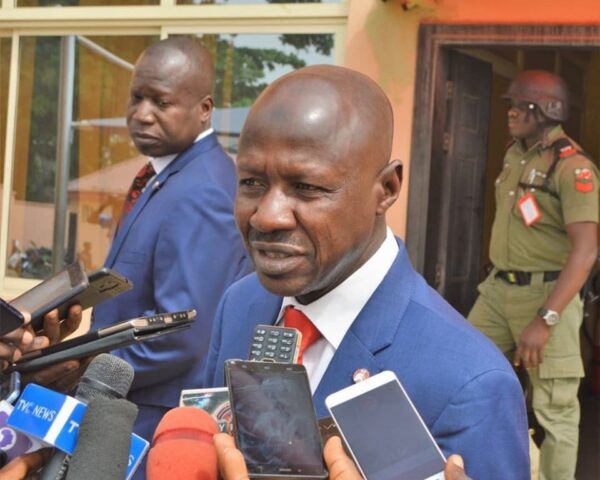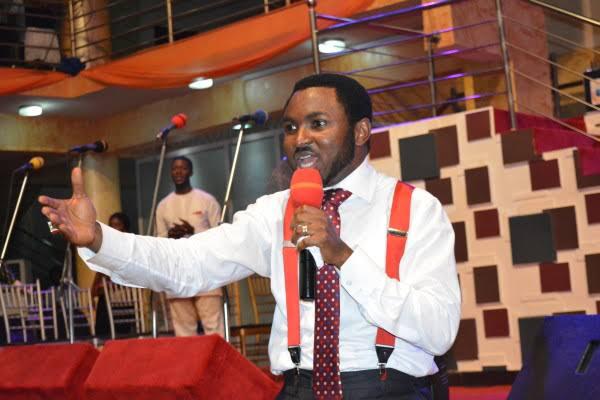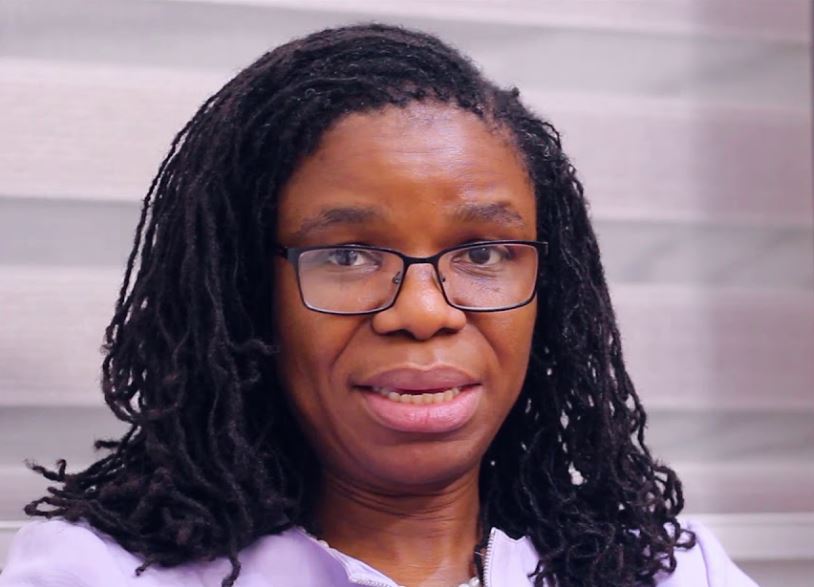On Friday, President Muhammadu Buhari discharged the ritual of signing the revised budget into law. That, we know, is the easiest part of the job. The projected expenditure for 2020 is now N10.8 trillion — curiously more than the N10.5 trillion that Buhari originally signed in December 2019 when the world was still a better place, when we didn’t need to be using hand sanitisers anyhow. Crude oil price was $72 then; it is now $40. The economy was breathing better then; it is now struggling for air under the face mask. Already, the crash in oil prices has meant we could only raise 44 percent — about N1.48 trillion — of our revenue target for January to May. So, for Pete’s sake, where are we going to get the N10.8 trillion to fund the entire budget? That’s the hard part of the job.
For an economy that is tied to petrodollars — and with the global economy badly infected by the coronavirus — the natural instinct is to panic over the consequences of the oil price crash for Nigeria. Where will the money to fund the budget come from? We are taking loans, I know, but they are not going to be enough. For one, though, I will advise that Nigerians fasten their seat belts: the government is dead serious about the stamp duty. While this may not provide the naira and kobo needed to fund the budget, I don’t need any expert to tell me that the Buhari administration is going to stamp its feet on the newfound goldmine. Nigerians are already complaining about the N50 stamp duty charge on deposits in their bank accounts. Well, they have to get used to it.
The federal government is really talking big about the stamp duty. It even wants to recover the unremitted duties paid between 2016 and 2019. It recently empanelled an inter-ministerial committee “to audit and recover” all stamp duties charged from January 2016 to date but are yet to be remitted by the relevant ministries, departments and agencies (MDAs), money deposit banks, the Nigerian Inter-Bank Settlement System Plc (NIBSS) and others. At the inauguration, Mr Boss Mustapha, secretary to the government of the federation, standing in for Buhari, said “the collection from stamp duty will be second to oil revenue, as it has the potential to yield up to a trillion naira if properly harnessed”. In essence, VAT now has a close rival on its heels.
All eyes are on Mr Mohammad Nami, the executive chairman of the Federal Inland Revenue Service (FIRS), to improve revenue collection for the federation. Our finances are in dire straits but, interestingly, Nami is more optimistic than I am that there is no cause for alarm — even though I am supposed to be a hopeless optimist. It is not as if Nami had options: he has to be extremely positive if FIRS is to meet its target of raising at least N8.5 trillion in 2020. These are times you wish money doublers were for real. The state of the global economic environment means Nigeria has to practically squeeze water of out to survive. Clearly, the petroleum profit tax (PPT), which used to give FIRS a lot of comfort in meeting its targets, is not going to be robust this year.
Advertisement
In recent public statements, Nami has spoken confidently on making the FIRS meet the revenue needs of the nation. His optimism is apparently fuelled by the discovery of the “new” gold — the stamp duty. Although Nigeria had been charging the stamp duty before World War II started in 1939, it had been limited to land deals and certain documents until Buhari expanded it to electronic banking transactions in 2016. Now, the stamp duty is being further expanded to tenancy agreements, sales agreements, MoUs, insurance policies, receipts and a number of other contractual transactions. In the Republic of Ireland, electronic transactions are also subjected to stamp duty charges. In Nigeria, we now pay N50 for electronic transactions above N10,000.
There is a little controversy on the side — who should collect the stamp duty? Should it be the duty of the Nigerian Postal Service (NIPOST) or the FIRS? NIPOST thinks since the word “stamp” is involved, it should be the one to handle it. Nami said “stamp duty” should not be confused with “postage stamp”. One is a tax, the other is a stamp. I would go with Nami on this. Stamp duty is a tax handle. The then Federal Board of Inland Revenue (FBIR), which became FIRS in 1958, was the collector from the very beginning, not the Postal and Telecommunications (P&T) department from which birthed NIPOST. I do not expect this controversy to last for long — although given what we know about the civil wars going on in Buhari’s government, we may be on this argument till 2023.
Jokes apart, it is clear that the FIRS has been saddled with collecting the stamp duty by the government. In fact, Nami has taken full charge. He said, in an interview, that by deploying technology and tweaking the structure of the tax agency, the results are already coming in. For instance, from January to May 2019, FIRS raised N6 billion from stamp duties. Over the corresponding period in 2020, the revenue was N66 billion. I’m not particularly good at math, but that looks like some huge percentage leap. Let me say that’s 11 times more than the corresponding period in the previous year. Nigerians may be complaining about the additional costs of transactions, but the government is literally smiling to the bank. I will say more about this shortly.
Advertisement
Nami estimates that if there is full compliance, stamp duty could generate “trillions of naira” yearly. He told an interviewer: “Presently, there are claims from many quarters that if the records of stamp duty on chargeable transactions as far back as the Year 2000 are revisited, as much as N20 trillion unremitted stamp duty revenue are due from agencies charged with collecting it on behalf of the federal government. This is more than double the Year 2020 budget of the federal government… in the banking sector, we discovered that in 2019 alone, the total volume of transactions was over 52 billion and that the total value of these transactions was over N613 trillion. You can imagine how much would be realised from this value if a stamp duty of N50 was charged.”
Many Nigerians are, meanwhile, complaining that government is imposing too many taxes on them at the same time, especially when the economy is very hard on a majority of the people. Chief Uche Secondus, the national chairman of the opposition Peoples Democratic Party (PDP), recently listed the increase in VAT rate from 5% to 7.5%, the approved hike in electricity tariffs and fuel price adjustment as “killing” Nigerians and “scaring away” foreign investors. Many argue that expanding the items to be covered by the stamp duty should not yet be on the agenda. The argument is that the government should slow down on taxes for now in order to help the economy recover. This school believes that we should first create prosperity before we tax it. You cannot fault the logic.
Personally, I do not worry about paying N50 on banking transactions. My worry is how the revenue is spent. I do not want to hear tomorrow that the revenue raised by FIRS and paid into the federation account has been spent to buy 4WDs for senators, or that N10 billion has gone missing in one federal agency. That is the one that hurts me. I don’t mind paying taxes as long as the money is judiciously and transparently spent on what will benefit the generality of Nigerians. Nami has, no doubt, demonstrated considerable passion on the stamp duty charge, which he takes as a signature project. The bigger duty on Nigerians is to stand up for accountability. How will the revenue be spent? Taxation should trigger us to ask the government tough questions. That’s where we miss it!
Overall, it looks like the N10.8 trillion budget will be partly funded with plenty naira revenue from the stamp duty. But where will the dollar come from? Nigeria is an import-dependent country. We import most of what we consume, including important medications and clothing. And we need forex inflow to pay for these imports. With crude oil revenue on a downward journey — meaning we will earn less in foreign exchange — our economy will remain vulnerable. The naira will continue to lose value. The CBN rate is now N381/$, compared to N306/$ before the pandemic. Imports will become more expensive. This is one problem our age-long overdependence on oil for forex inflow and government revenue created for us. And this is one problem the stamp duty cannot solve.
Advertisement
In its latest policy paper, the Nigeria Extractive Industries Transparency Initiative (NEITI) proffers key changes if we are to overcome the oil dependency which perennially jeopardises our budgets. The recommendations practicable: improving preparations for the “rainy day” by restructuring our oil savings, such as the excess crude account, and channelling them into the more productive sovereign wealth fund; maximising our benefits from the oil and gas sector through full deregulation, gas utilisation, and tackling of oil theft; boosting non-oil revenue; and correcting economic distortions that hurt agriculture and industry. FIRS will do all it can with the stamp duty and make more money for government, but this alone cannot fill the massive gaps in the 2020 budget. We need more reforms.
AND FOUR OTHER THINGS…
MAGU MANGLED
Mallam Ibrahim Magu, the suspended acting chairman of the Economic and Financial Crimes Commission (EFCC), has experienced a sharp change in fortune within the twinkle of an eye. From being the hunter of corruption suspects — probably the most dreaded man in Nigeria — Magu has suddenly been slammed with grave allegations of “mago mago”. In short, the subject has become the predicate. I like Magu very much: he achieved a lot in terms of recoveries and convictions. I was uncomfortable with his methods and we can always argue about that, but an anti-corruption Czar must be above board. I can only wish these corruption allegations are not true. Unthinkable.
BACK AND FORTH
Advertisement
One of the biggest surprises you will ever get from this government is clarity. It is such a scarce commodity. It has got to a stage that when government officials make a public pronouncement, we expect it to be reversed within a few days. We were told that students preparing to write their WASSCE would go back to school in August. Not surprisingly, the government has engaged the reverse gear and we are no longer sure of anything any longer. We can still do WASSCE if we really want to. We will have to put health and safety measures in place for the students, teachers and other officials. They can use sanitizers and face masks. We can enforce physical distancing. Doable.
WHO KNOWS?
Advertisement
I often wonder what might have been if the World Health Organization (WHO) had been proactive and alerted us early that COVID-19 could be transmitted human-to-human. Meanwhile, WHO has finally agreed that the virus “could be” airborne — four months after medical science proved that infected droplets could be aerosolised and could survive in the air for three hours. This is significant: it explains why crowded or closed spaces are dangerous and why we need face mask. In fact, WHO did not advise us to start wearing mask until four weeks ago — when the entire world had left them behind. It even said, and swiftly recanted, that asymptomatic people are not infectious. Inept.
ANDREW’S LIVER
Advertisement
Mr Andrew Yakubu, former NNPC GMD, has liver. In case you missed it, he told a court on Thursday that “97 to 98 percent” of the $9.7 million and £74,000 cash recovered from his Kaduna property in February 2017 by the EFCC were gifts he received after leaving office in 2015. “The money… was given to me on the occasions of birthdays, thanksgiving services, weddings of my daughters and other celebrations that I hosted after leaving office,” Yakubu said. On behalf of my family, I hereby salute the great man. Conventional wisdom in Nigeria is that once you leave office, your phone stops ringing. His own case is unique: the phone started ringing after his exit. Wonderful!
Advertisement
Add a comment

